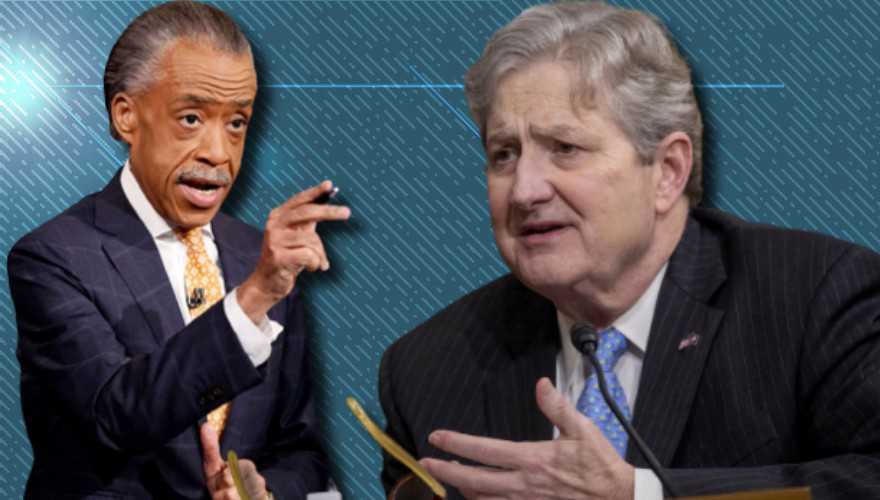New data gleaned through the Gallup Center on Black voices survey shows that roughly two-in-three Americans (68 percent) consider it a “mostly good thing” that last year the U.S. Supreme Court ruled to end the use of race and ethnicity in university admissions. In its decision in Students for Fair Admissions, Inc. v. President and Fellows of Harvard College the Court found that race “is a determinative tip for” a significant percentage “of all admitted African American and Hispanic applicants.” The Supreme Court ruled that such systems violate the Equal Protection Clause of the Fourteenth Amendment of the U.S. Constitution. “Although the ruling receives fairly wide public support, predictions about the specific impact of the decision draw mixed responses across racial lines, underlining the uncertainty experienced by universities and students alike as they prepare for the next school year,” noted Gallup. Black Americans are more divided in their opinion of the decision, while majorities of white, Asian, and Hispanic adults hold a favorable view of the ruling, Gallup explained. Though black respondents are divided over the ruling, they are more likely to think that it will have a net negative impact on higher education. Roughly half of black adults say the ruling will negatively impact the ability of black applicants to attend college, while 33 percent of black adults believe the ruling will have a positive impact on higher education. Asian respondents were the most likely to say that the decision will impact decision-making about which colleges they might apply to. “As the first cohort of students to apply to a post-affirmative action higher education system, the ruling has altered the calculus of those currently considering pursuing a degree — including three in four Asian prospective students and half of Black prospective students,” said Gallup. Black students have been considering mentioning race in their application essays, a practice now tacitly being encouraged by colleges and universities, which are exploring ways to determine an applicant’s race without directly asking. Essay prompts used by more than two dozen top colleges show that schools now use phrases like “identity” and “life experience” to guide students into using language in their essay that could reveal their race or ethnicity.As diversity, equity and inclusion (DEI) programs continue to dominate cultural conversations, a recent survey shows that a vast majority of Americans do not support race-based university admissions policies.
Loading...

*For corrections please email [email protected]*
